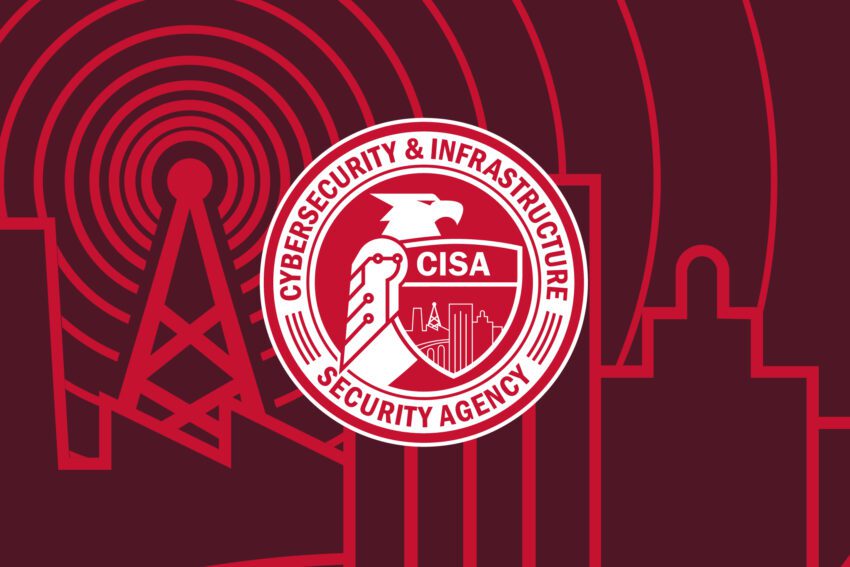
america s cybersecurity defenses are cracking In a troubling development for national security, Arizona’s online portal for political candidates was compromised in late June, revealing vulnerabilities in America’s cybersecurity defenses.
america s cybersecurity defenses are cracking
The Incident in Arizona
In late June, a peculiar situation unfolded on Arizona’s online portal for political candidates. Images of various candidates began to vanish, only to be replaced by photographs of the Iranian Ayatollah Ruhollah Khomeini. This bizarre occurrence raised immediate alarms, leading state officials to suspect that it was an orchestrated attack from a group affiliated with the Iranian government. Initially, however, the state found itself in a state of confusion, lacking clarity on the nature of the threat and the necessary steps to address it.
Immediate Response
Arizona Secretary of State Adrian Fontes quickly mobilized his office to contain the threat. Fontes assured the public that personal voter information remained secure and was not compromised during this incident. Nonetheless, the situation highlighted a significant gap in communication and response protocols. Notably, Fontes did not reach out to the federal agency that would have traditionally been involved in such cybersecurity incidents—the Cybersecurity and Infrastructure Security Agency (CISA).
Implications of the Attack
The breach on Arizona’s portal serves as a stark reminder of the vulnerabilities that exist within the United States’ election infrastructure. Cybersecurity experts have long warned that state and local election systems are particularly susceptible to attacks, given their varying levels of security measures and resources. The incident raises critical questions about the preparedness of state officials to handle cyber threats, especially as the nation approaches pivotal elections.
Historical Context
Cybersecurity has been a growing concern in the U.S. since the 2016 presidential election, which saw significant interference from foreign actors, particularly Russia. In response, various federal and state agencies have worked to bolster defenses against cyber threats. However, incidents like the one in Arizona indicate that substantial gaps remain. The failure to contact CISA underscores a troubling trend: state officials may not fully understand the resources available to them or the protocols for engaging with federal agencies during a crisis.
The Role of CISA
CISA was established to enhance the nation’s cybersecurity posture and to provide support to state and local governments. The agency offers a range of services, including threat assessments, incident response, and technical assistance. However, the effectiveness of CISA relies heavily on collaboration with state officials. When incidents like the one in Arizona occur, timely communication between state and federal agencies is crucial for a coordinated response.
Challenges in Coordination
The lack of communication in Arizona raises concerns about the overall coordination between state and federal agencies. While CISA has made strides in improving its outreach and support, the incident suggests that more work is needed to ensure that state officials are aware of the resources available to them. This gap in understanding can lead to delayed responses and increased vulnerability to cyber threats.
Stakeholder Reactions
The incident has drawn reactions from various stakeholders, including cybersecurity experts, state officials, and political analysts. Many experts have emphasized the need for enhanced training and resources for state officials to better prepare them for potential cyber threats. Additionally, there is a growing call for more robust federal support to ensure that state election systems are adequately protected.
Calls for Improved Training
Cybersecurity experts argue that state officials need comprehensive training on how to identify and respond to cyber threats. This training should include understanding the role of federal agencies like CISA and the protocols for engaging with them during a crisis. Enhanced training could empower state officials to act more decisively and effectively in the face of cyber threats, ultimately strengthening the security of election infrastructure.
Political Implications
The political ramifications of cybersecurity incidents can be profound. As the nation approaches critical elections, any perceived weakness in election security can undermine public confidence in the electoral process. Political analysts warn that if voters believe their elections are vulnerable to foreign interference, it could lead to decreased voter turnout and increased polarization. Ensuring the integrity of election systems is paramount to maintaining public trust in democratic processes.
Looking Ahead: The Future of Cybersecurity in Elections
As the landscape of cybersecurity continues to evolve, so too must the strategies employed to protect election infrastructure. The Arizona incident serves as a wake-up call for state and federal officials alike, highlighting the urgent need for improved communication, training, and resources.
Strengthening Cybersecurity Measures
To bolster defenses against cyber threats, states must prioritize investments in cybersecurity infrastructure. This includes upgrading outdated systems, implementing robust security protocols, and conducting regular assessments to identify vulnerabilities. Additionally, states should foster partnerships with federal agencies to ensure they have access to the latest threat intelligence and resources.
Public Awareness and Engagement
Public awareness of cybersecurity issues is also crucial. State officials should engage with the public to communicate the steps being taken to secure election systems and to educate voters about the importance of cybersecurity in the electoral process. Transparency can help build trust and reassure voters that their elections are secure.
Conclusion
The cybersecurity breach in Arizona underscores the vulnerabilities present in the United States’ election infrastructure. As cyber threats continue to evolve, it is imperative that state and federal officials work collaboratively to enhance defenses and ensure the integrity of the electoral process. By prioritizing training, communication, and investment in cybersecurity measures, the nation can better prepare for the challenges ahead and safeguard its democratic institutions.
Source: Original report
Was this helpful?
Last Modified: November 10, 2025 at 7:37 pm
8 views















